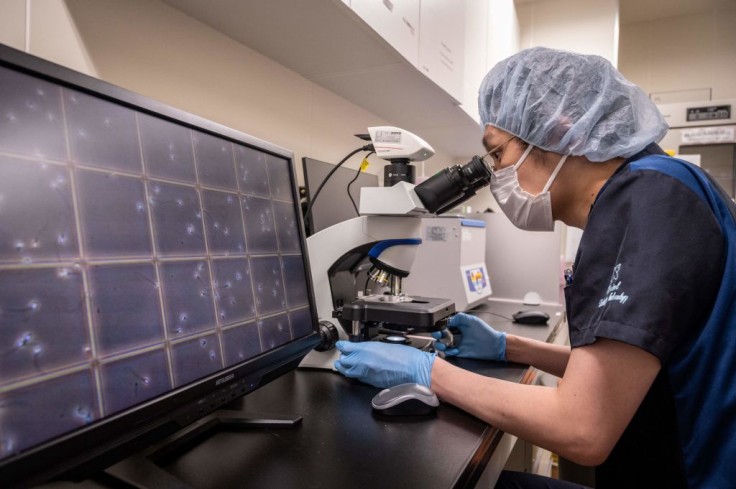
The worldwide decline of more than 50% in male sperm counts over the past fifty years has sparked international concern.
Among the myriad potential causes, modern technology, particularly smartphone usage, has been thrust into the limelight.
A recent study zeroes in on this relationship, presenting compelling findings on male fertility and the digital age.
Modern Technology and Male Fertility
As society becomes increasingly digital, concerns arise regarding the health repercussions of constant smartphone interaction.
Recent research has identified a correlation between frequent smartphone use and a decline in sperm counts.
Specifically, men aged 18 to 22 who engaged with their phones over 20 times daily presented a 21% heightened risk of a reduced overall sperm count. Additionally, they displayed a 30% increased risk for lower sperm concentration.
Throughout the study's 13-year duration, the effects of smartphone usage on sperm count saw an interesting shift. As mobile technology advanced, its apparent influence on male fertility began to wane.
Read Also : Navigating Difficult Conversations: How to Guide Your Child Through War Content on Social Media
The Evolution of Phones and Fertility Trends
Allan Pacey from the University of Manchester highlighted the pronounced effects witnessed with earlier 2G and 3G phones. These impacts were considerably lessened with the newer 4G and 5G models.
This suggests that as companies transitioned from older to more modern technology, the association between smartphone usage and sperm count weakened. This could possibly be attributed to the decrease in a phone's output power over generations.
Alison Campbell, chief scientific officer of Care Fertility, noted that while sperm count is crucial, the quality of sperm, including its ability to swim and maintain healthy DNA, remains paramount for fertility.
Campbell advocates for a balanced lifestyle for those seeking enhanced sperm health, emphasizing the importance of diet, exercise, and abstaining from harmful habits like smoking.
Controversies Surrounding RF-EMF Fields
Mobile phones, particularly smartphones, emit low-level radiofrequency electromagnetic fields, known as RF-EMF.
Alexander Pastuszak from The University of Utah School of Medicine remarked that these signals amplify during active phone use. For instance, RF-EMF levels spike during activities like downloading large files or when the device has weak signal strength.
Animal studies have indicated that RF-EMF fields comparable to those from smartphones can detrimentally affect male fertility. Yet, the direct influence on humans remains a topic of debate among scientists.
Past observational studies in humans have shown that frequent smartphone usage can potentially reduce sperm viability. However, these studies often didn't control for confounding factors like smoking or alcohol consumption.
Despite this, the research offers significant insights into the real-world scenario. While it establishes a correlation between mobile phone usage and semen quality, it stops short of proving causation.
A significant finding was that men typically store their phones when not in use. Over 85% preferred their trouser pockets, a factor that might further influence sperm count.
The study found that men who limited their phone use generally exhibited higher sperm counts. The strongest correlation between reduced sperm count and phone usage was observed between 2005 and 2007. But as smartphone technology evolved, this association lessened.
Pastuszak emphasized the numerous factors that can influence fertility, citing that sperm count and concentration are just facets of the larger fertility puzzle.
The genuine indicator of fertility potential is sperm quality. Quality supersedes quantity when evaluating male fertility potential. A single sperm of superior quality can significantly influence fertility outcomes.
As more research emerges, society can better navigate the intersection of health and technology, ensuring that advances in one domain don't compromise the other.